Figures of the 1920s
1/33
There's no tags or description
Looks like no tags are added yet.
Name | Mastery | Learn | Test | Matching | Spaced |
|---|
No study sessions yet.
34 Terms
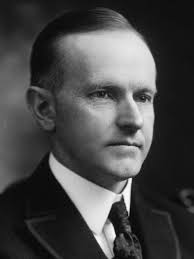
Calvin Coolidge
Signed the indian citizenship act which gave natives citizenship
Signed the immigration act
1924 republican presidential candidate
“Cautious Cal”, the “Sphinx of the Potomac”
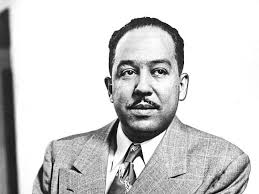
Langston Hughes
Central figure in harlem renaissance
Known as the “poet of the people” - work focused on lives and struggles of working black class
Famous collection of jazz poems “the weary blues”
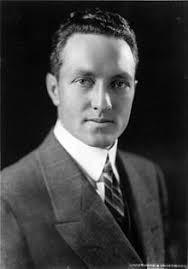
Richard Byrd
First to fly over north pole and south pole in 1926 and 1929
Naval aviator
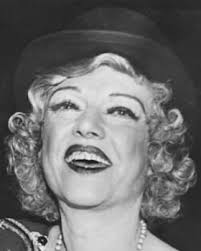
Texas Guinan
American actress, producer and entrepreneur
Had irish immigrant parents
“queen of nightclubs” who ruled over many speakeasies
signature phrase “hello sucker!”
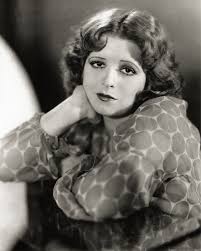
Clara Bow
Famous for her silent films
Nicknames the “it girl”
Called the quintessential flapper of the era
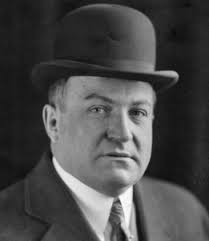
George Remus
Specialized in criminal defense
Established a bootlegging empire
German immigrant
“King of the bootleggers”
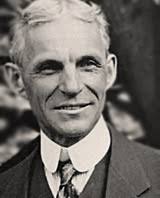
Henry Ford
Revolutionized automobile industry by perfecting the assembly line
Established 40 hour work week for his workers
Impacted american economy and society with his social policies and mass production
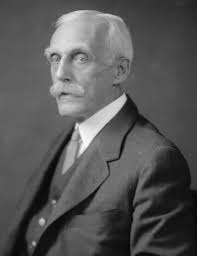
Andrew Mellon - He was the Secretary of the Treasury who viewed the burdensome taxes from the war as especially distasteful. His theory was that such high levies forced the rich to invest in tax-exempt securities rather than in the factories that provided prosperous payrolls. High taxes not only discouraged business but, in doing so, also brought a smaller net return to the Treasury than moderate taxation.
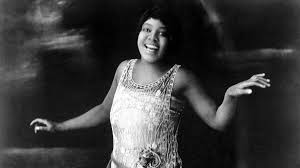
Bessie Smith
“Empress of the blues”
rose to fame as a leading blues singer of the 1920s,
highly successful and influential Black artist
known for her powerful voice and emotional performances
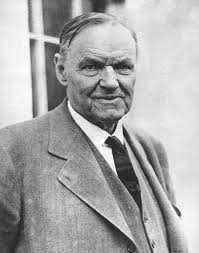
Clarence Darrow
Renowned defense attorney
Gained fame for his high-profile cases, including the Leopold and Loeb murder trial and the Scopes "Monkey" trial, where he defended John Scopes' right to teach evolution
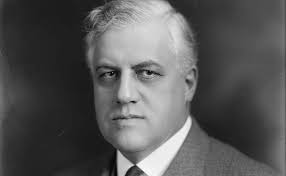
A. Mitchell Palmer
Oversaw the Palmer raids after someone sent a bomb to his house
Attorney general
Created small division to gather intelligence on the radical threat
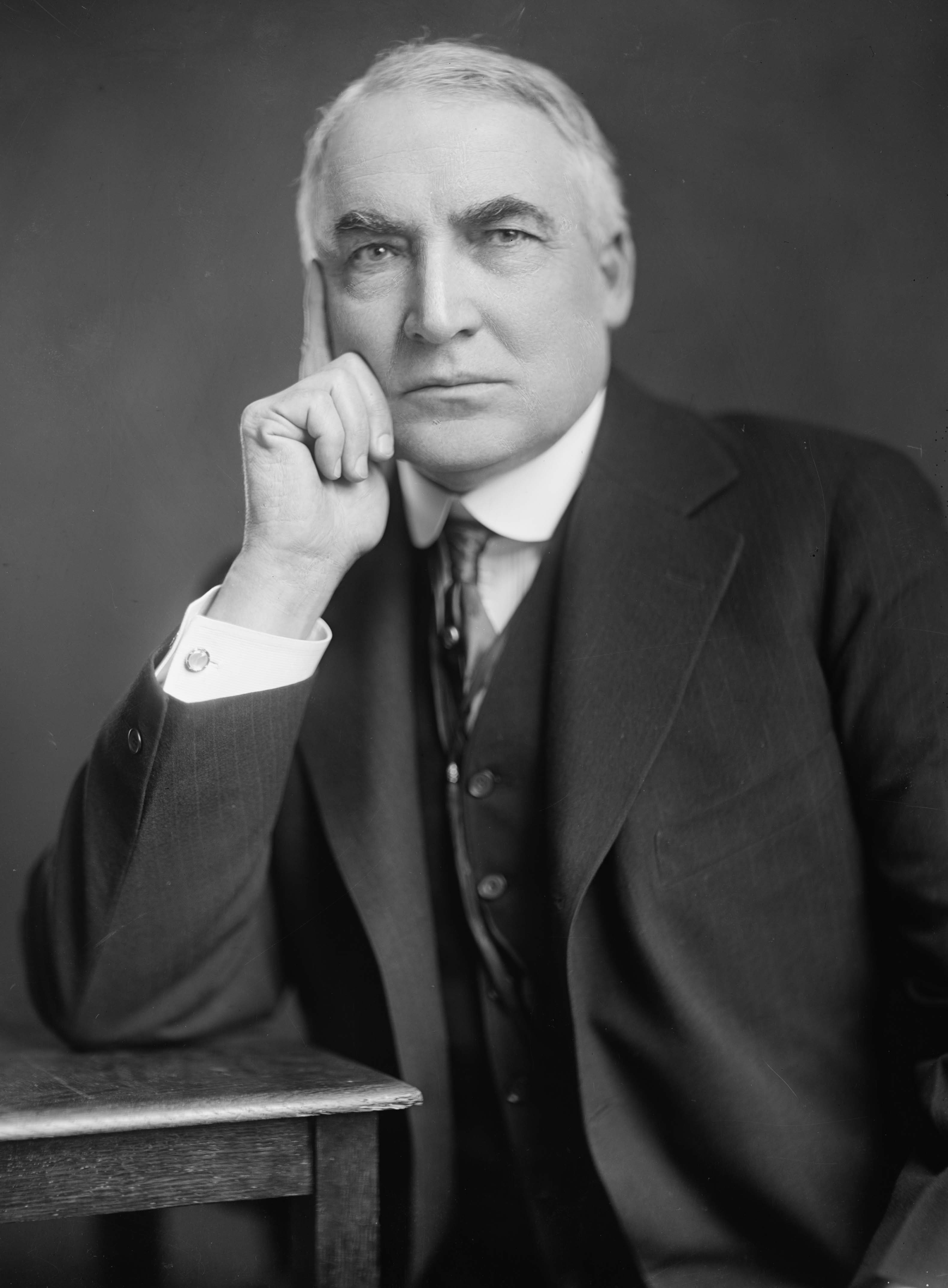
Warren G. Harding
Republican president from 1921-1923
Promised a “return to normalcy”
Harding signed the Emergency Quota Act, limiting immigration from specific countries
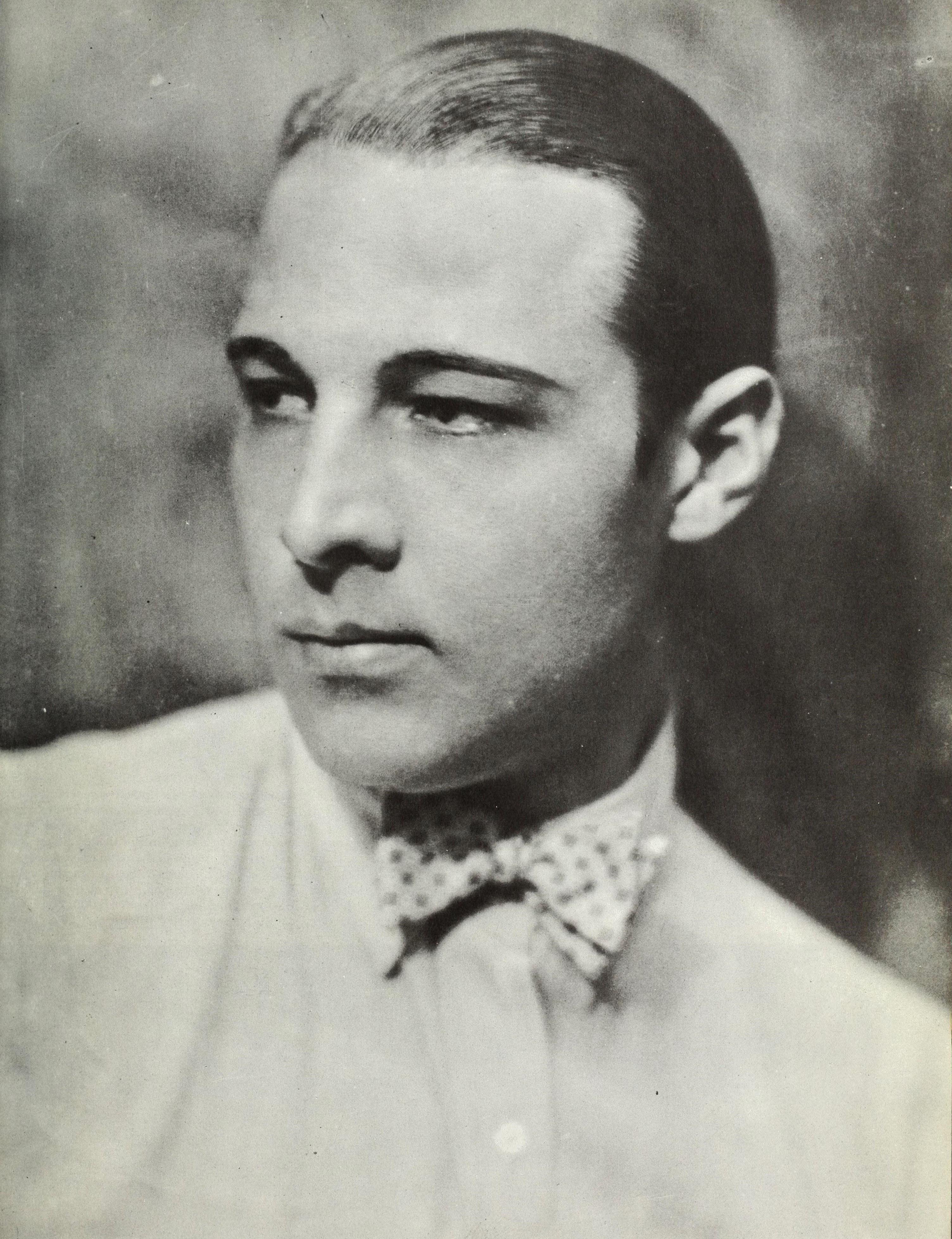
Rudolph Valentino
Italian Actor nicknamed the Latin Lover
Best known for his work in The Sheik and The Four Horsemen of the Apocalypse
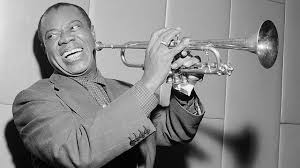
Louis Armstrong
Played the trumpet
Rose to prominence in jazz
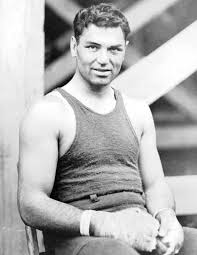
Jack Dempsey
Dominated in boxing
Transformed boxing into a mass-spectator event with large crowds and radio broadcasts
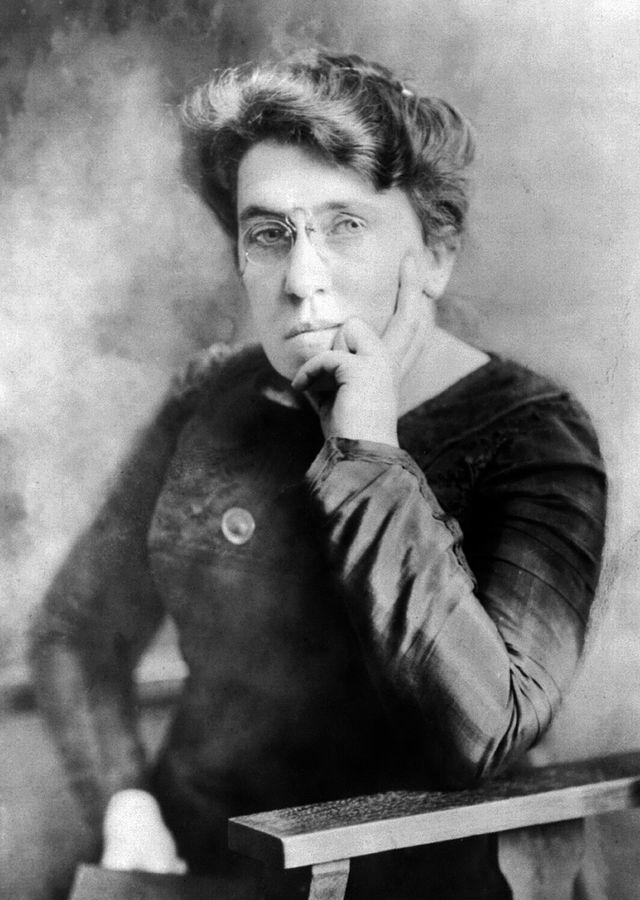
Emma Goldman
Lithuanian-born anarchist revolutionary, political activist, and writer
Deported from the United States in 1919 (Red Scare) and spent the remainder of her life in exile, continuing her activism from Europe and Canada
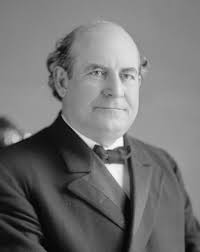
William Jennings Bryan
Devoted himself to Prohibition, religious matters, and anti-evolution activism
Prosecutor in the 1925 Scopes trial (anti-evolution)
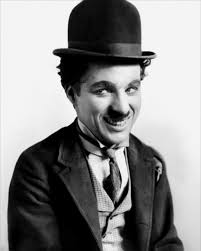
Charlie Chaplin
Chaplin's iconic character, the Little Tramp, became a symbol of the underdog and the common man
Comedic actor
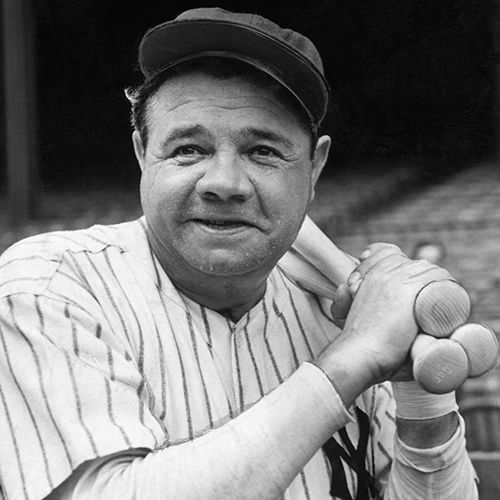
Babe Ruth
He revolutionized baseball
Ushered in the "live-ball era" and setting records that would define baseball for decades
The “Sultan of Swat”
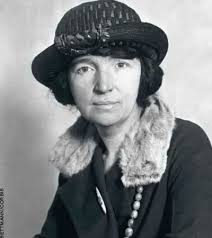
Margaret Sanger
Founded the American birth control movement and, later, the Planned Parenthood Federation of America
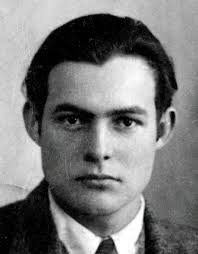
Ernest Hemingway
Lost-generation writer
Wrote The Sun Also Rises and A Farewell to Arms
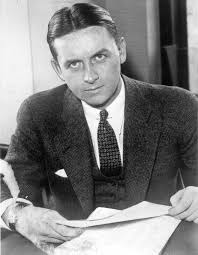
Elliot Ness
American Prohibition agent known for his efforts to bring down Al Capone while enforcing Prohibition
Capone convicted of over 5,000 prohibition violations under the Volstead Act
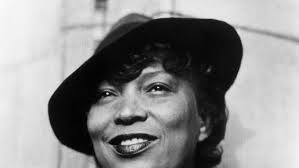
Zora Neale Hurston
Author of Harlem Renaissance literature
Wrote "How It Feels to be Colored Me" and "Their Eyes Were Watching God"
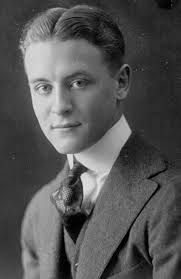
F. Scott Fitzgerald
considered one of the 20th centuries greatest authors
wrote “the Great Gatsby”
famous for depictions of the “Jazz Age”
He published This Side of Paradise in 1920, which became a kind of Bible for flappers and their ardent wooers. He found “all gods dead, all wars fought, all faiths in man shaken.”
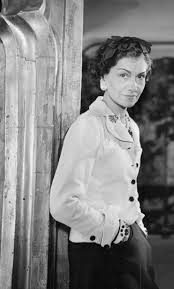
Coco Chanel
french fashion designer and businesswoman
revolutionized women's fashion in the 1920’s
founder of Chanel
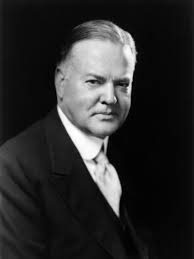
Herbert Hoover
31st president of the United States
was director of US Food Administration, “food dictator”
after WWI led the American Relief System which provided food to millions in central and eastern europe
beleived in “rugged individualism”
Hoover dam, reconstruction finance, etc.
President during Great Depression!
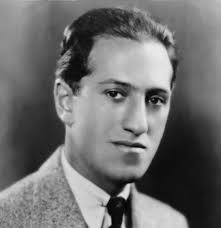
George Gershwin
American Composer and Pianist
composed for broadway, films, and orchestras
composed “Rhapsody in Blue” (1924)
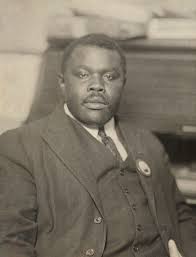
Marcus Garvey
Jamaican Political Activist
founder and first President-General of the Universal Negro Improvement Association and African Communities League
declared himself Provisional President of Africa
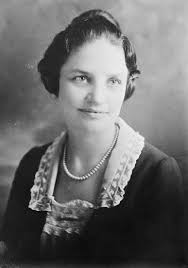
Mabel Walker Willebrandt
American Lawyer who served as assistant attorney general from 1921-29
highest-ranking woman in the federal government under President Warren G. Harding
nicknamed “first lady of the law” for her role in enforcing Prohibtion
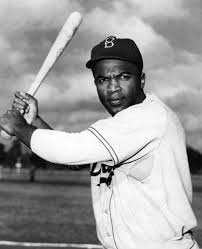
Jackie Robinson
american baseball player
the first African-American to play in Major League Baseball in the modern era
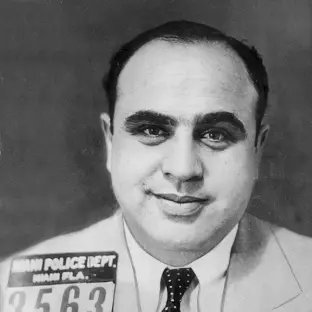
Al Capone
American gangster and businessman who led Chicago's Italian-American crime syndicate
also called “scarface”
known for his ruthlessness, violence, and involvement in bootlegging, gambling, and other illegal activities
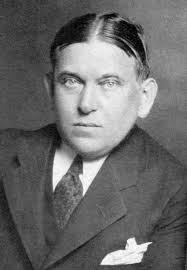
H.L. Mencken
American journalist, essayist, satirist, and cultural critic
commented on social scene, literature, music, prominent politicians, and contemporary movements
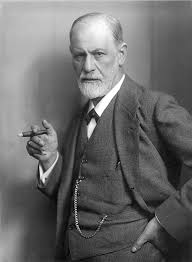
Sigmund Freud
Austrian neurologist and the founder of psychoanalysis
influenced psychology and psychiatry, and changed Western views of human nature
believed that childhood events shape personality and that hidden anxieties from past trauma can cause adult problems.
believed that sexual repression caused nervous and emotional ills. Thus, sexual gratification was necessary for not just pleasure, but health.
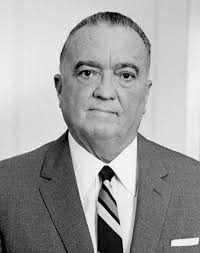
J. Edgar Hoover
American attorney and law enforcement administrator who served as the fifth and final Director of the Bureau of Investigation
became a controversial figure as evidence of his secretive abuses of power began to surface